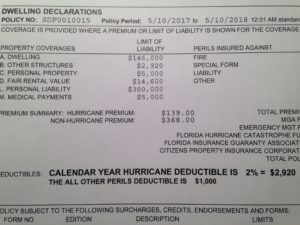Court holds certain documents exempt
 While claims adjusters are usually able to handle claims by themselves, complex cases sometimes call for help from the insurance company’s legal team. These “super adjusters” then become involved in adjusting the claim and because they are lawyers, the communication between the parties becomes limited and calculated. A recent court case shows how that can backfire.
While claims adjusters are usually able to handle claims by themselves, complex cases sometimes call for help from the insurance company’s legal team. These “super adjusters” then become involved in adjusting the claim and because they are lawyers, the communication between the parties becomes limited and calculated. A recent court case shows how that can backfire.
In Otsuka America, Inc, Pharmavite LLC v. Crum & Forster Specialty Insurance Company , the New York Supreme Court’s ruling shows how not all lawyer communication is protected from disclosure, especially on work traditionally performed by a regular adjuster.
Pharmavite, a dietary supplements maker, had an insurance policy for various insured events and filed a loss claim for $9,000,000 in connection with an audit by the Food and Drug Administration (FDA), which recalled certain products. Their insurance company, Crum & Forster Specialty, denied coverage. So Pharmavite sued for breach of contract and a declaratory judgment.
In discovery, Pharmavite filed motions complaining that the Crum & Forster was withholding discoverable documents by claiming they were privileged. The court conducted an in-camera review of the documents and ordered they be disclosed. The insurance company asked to reargue the motion, citing attorney-client and work-product privileges.
The court said no, writing that whether a document is protected “is necessarily a fact-specific determination.” For instance, “an investigative report does not become privileged merely because it was sent to an attorney. Nor is such a report privileged merely because an investigation was conducted by an attorney.” Indeed, an attorney’s communication is not privileged “when the attorney is hired for business or personal advice, or to do the work of a nonlawyer.”
Also not protected, according to the court:
- “Multipurpose reports” prior to any coverage decision, regardless of whether it was prepared by an insurance investigator, adjuster, or attorney. Even when the reports are motivated in part by potential litigation.
- Adjusters’ memorandums summarizing a legal counsel’s opinion on its investigation of coverage.
LMA Newsletter of 10-21-19

